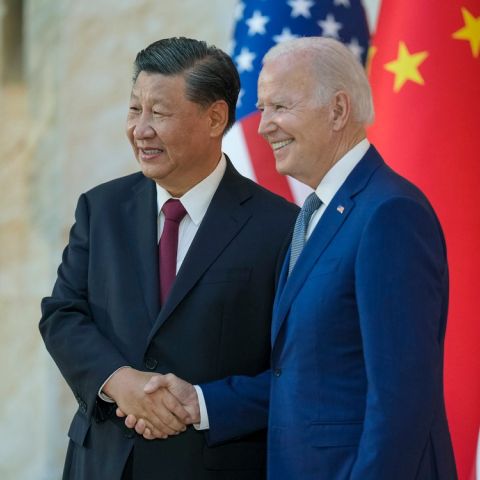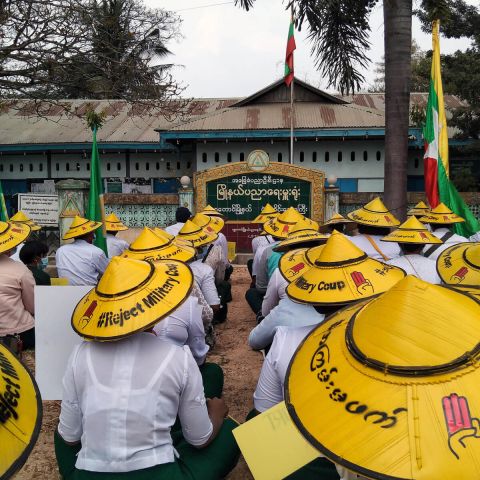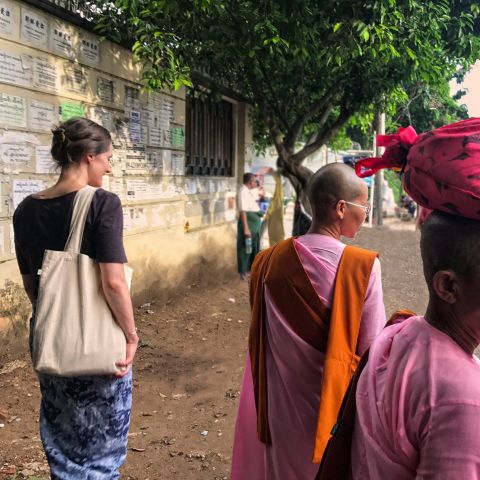News
Read the Latest News
Sarah Kreps, PACS
Natural language models such as ChatGPT and GPT-4 open new opportunities for malicious actors to influence representative democracy, new Cornell...
Eswar Prasad, SAP
Eswar Prasad, professor of economics and international trade policy, says, “The reality is that China does need a lot of products, especially...
Sarah Kreps, PACS
Sarah Kreps and Douglas Kriner, both professors of government, write about the potential threat of artificial intelligence to democratic engagement.
Jessica Chen Weiss, EAP
Jessica Chen Weis, A&S and Brooks School professor writes, “There is little evidence that Chinese leaders see a closing window for action. Such...
Gustavo Flores-Macias, LACS
Gustavo Flores-Macías, professor of government and public policy, discusses why the United States should not send troops to Mexico to reduce drug...
How non-state welfare is sustaining democratic struggle
By Gerard McCarthy
Author of Outsourcing the Polity and Assistant Professor of Social Policy and Development, International Institute of Social...
Robert Hockett, CRADLE
Robert Hockett, professor of law, discusses FDIC proposals to help prevent another bank collapse.
March 27: Hybrid Event
Millions have risen up in Myanmar since a coup d’état removed the country’s democratically elected leader — the topic of a March 27 SEAP panel.
Sarah Kreps, PACS
“The hope with that would be to slow down the flywheel. You're not going to prevent every single user from using TikTok but that would certainly make...
Sarah Kreps, PACS
Sarah Kreps, professor of government, discusses the risks and benefits of artificial intelligence use.











